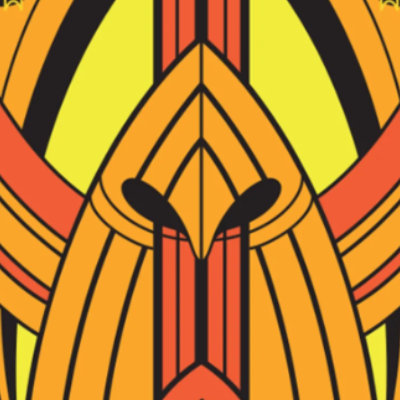

Heat pumps are efficient at very low temperatures now, and are suitable for the vast majority of homes.
However, in the literal Arctic you probably will need an additional heat source. This could be resistive electric, but tbh so few people live that far north that I’d be fine with them using fossil fuels. Their emissions would be a rounding error on a global scale.
If we want to completely ban fossil fuels then biomass could be another option for the Arctic in winter.




Greys. Sports. Almanac.